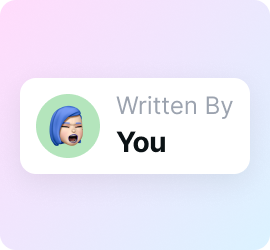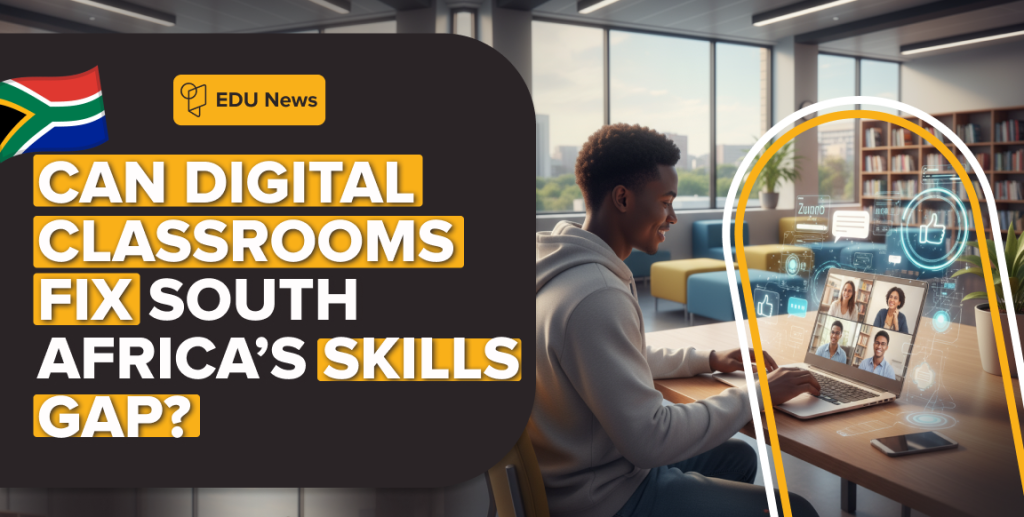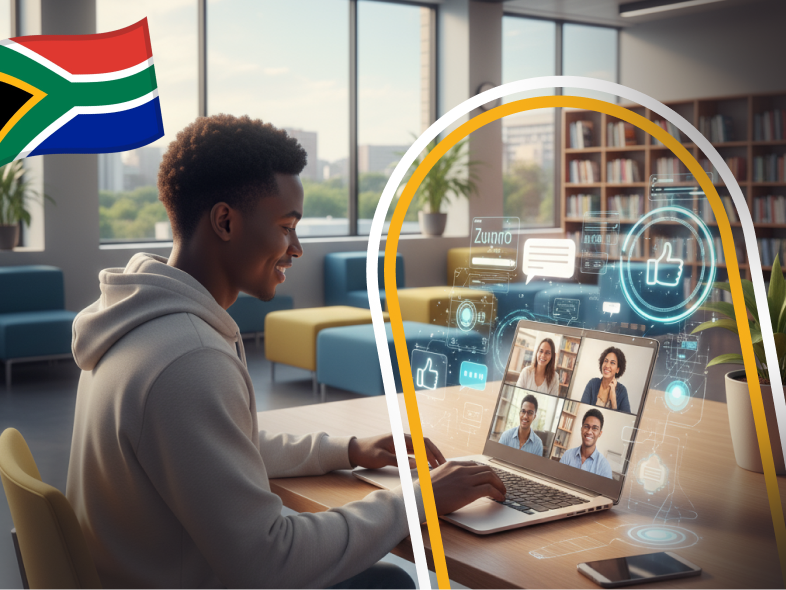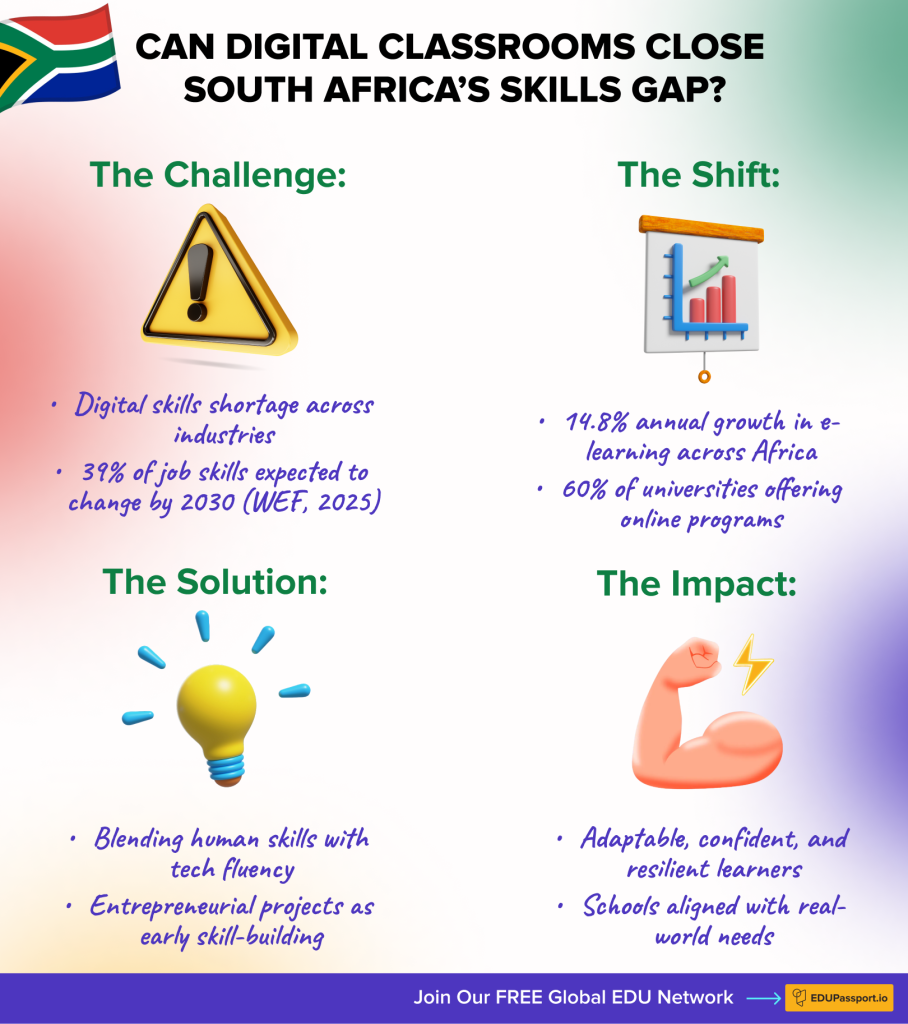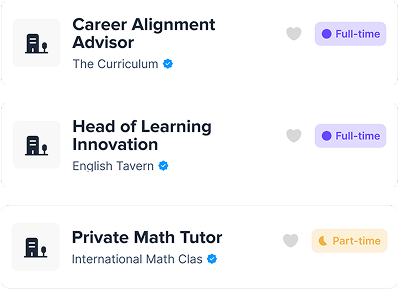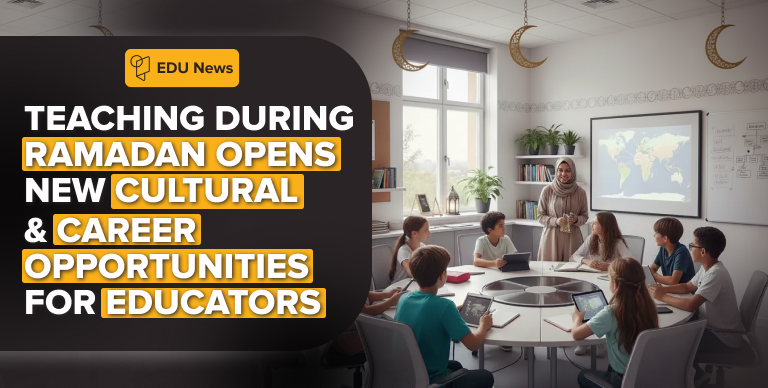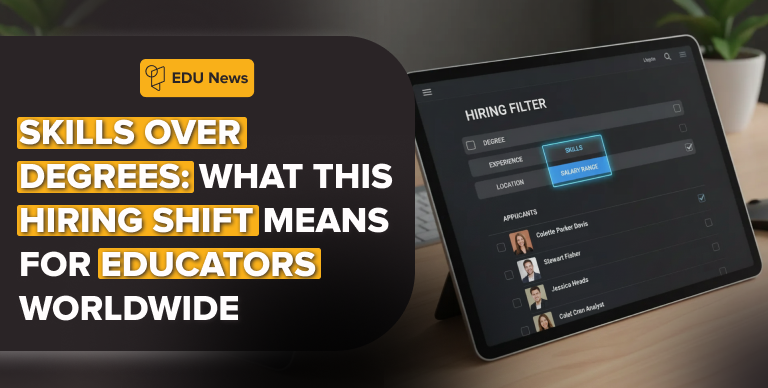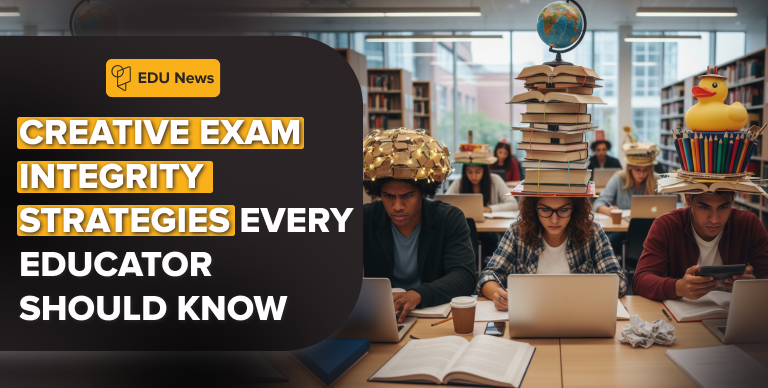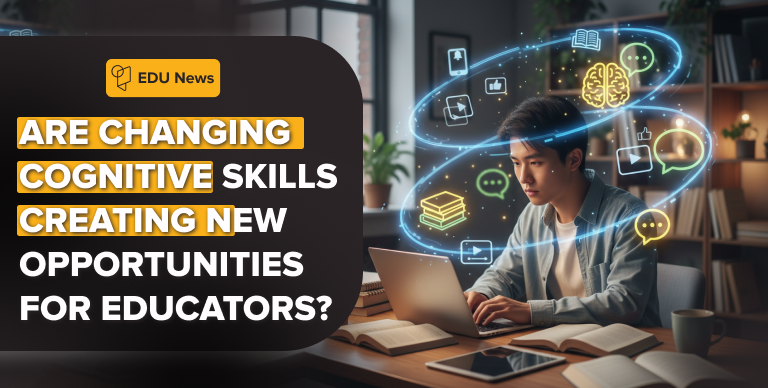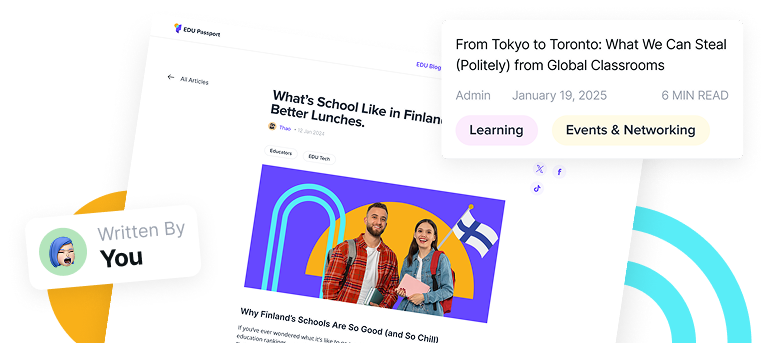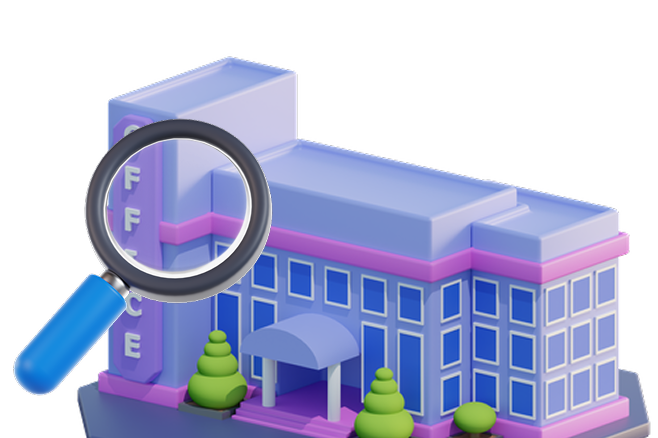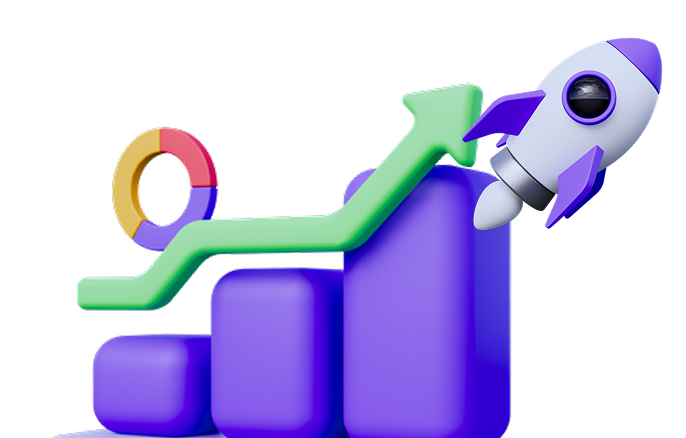South Africa is racing to prepare its youth for a digital future, and education is right at the center of the action. The rise of digital classrooms in South Africa is more than a passing trend; it is a necessary shift toward equipping students with the skills that tomorrow’s workplaces demand.
Africa’s e-learning market is expanding at a rapid 14.8% annually, and more than 60% of universities now offer online programs. As internet access widens, especially through mobile devices, millions of students can now study remotely. But this new wave of digital access has revealed a deeper challenge: a widening skills gap that threatens to slow innovation and growth.
Across industries, companies are finding it harder to hire people with the right digital expertise. South Africa’s digital revolution is moving fast, but education must evolve even faster to keep up.
The gap between classrooms and the real world
In many South African schools, learning still looks much the same as it did decades ago. Rows of desks, memorization-heavy lessons, and strict timetables dominate the classroom. While this builds subject knowledge, it often misses what modern workplaces prize most: adaptability, collaboration, and creative problem-solving.
According to South Africa’s Department of Higher Education and Training’s Labour Market Intelligence (LMI) research, soft skills like critical thinking, writing, speaking, and decision-making remain weak among new job seekers. Employers are not just asking for technical knowledge; they are looking for people who can think on their feet, work well in teams, and communicate clearly.
The world of work has changed. Modern teams rely on feedback loops, shared digital platforms, and quick pivots. Yet the traditional school model rarely reflects that reality. A future-ready education needs to teach students how to learn, adapt, and lead in fast-changing environments.
A closer look at Koa Academy’s approach

One school rethinking the rules of education is Koa Academy, a South African online school built for the digital age. Instead of large, impersonal classes, Koa runs small Pods of eight students. These Pods function like mini learning teams where communication, collaboration, and leadership are practiced daily.
Teachers guide live, interactive sessions that feel more like team huddles than lectures. Students plan, share progress, and solve open-ended problems that demand research and adaptability. The focus is not just on knowing answers but on learning how to find them.
“Koa Academy intentionally integrates digital fluency with teamwork and adaptability,” says Co-founder and Principal Mark Anderson. “Students collaborate on shared platforms, explore age-appropriate AI tools, and engage in projects that mirror how modern companies operate.”
Parents report striking results, with students becoming more confident, self-disciplined, and proactive. As one parent, Leigh Jansen, put it, “Koa Academy has genuinely re-thought every aspect of education to teach the whole child, the knowledge and the skills they need for the future.”
You can explore the original report here.
Entrepreneurial thinking for lifelong success
Koa also nurtures entrepreneurship early through its annual Entrepreneurship Challenge, accredited by Pranary Business School. Learners aged nine to sixteen identify real-world problems, design solutions, and pitch their business ideas to industry experts.
This isn’t about teaching business buzzwords; it’s about helping students see themselves as capable of creating value in their communities. Anderson explains, “Entrepreneurship builds not only independence but also resilience and a sense of purpose. It’s about preparing learners to thrive in life, not just pass exams.”
This approach echoes other findings across South Africa’s education sector, including initiatives that highlight the value of developing adaptable skills early in life. As explored in this article on early childhood development, building confidence and curiosity from the start sets the foundation for lifelong learning.
From online lessons to future-ready citizens
The future of education in South Africa depends on how well schools connect digital access with real-world readiness. Digital classrooms like Koa Academy’s are showing that technology can be a bridge, not a barrier, to developing human potential.
The goal is not just to teach students how to use tech but to empower them to think critically, collaborate creatively, and keep learning for life. If South Africa can align its education system with these values, the skills gap could transform into a skills advantage.
Curious about how digital learning is reshaping the classroom?
Explore more stories, connect with global educators, and find your next learning opportunity. Join EDU Passport to connect with the world of future-ready education.



